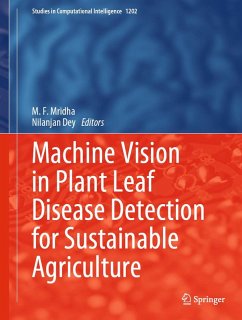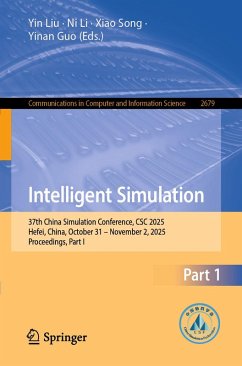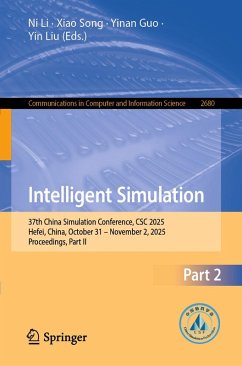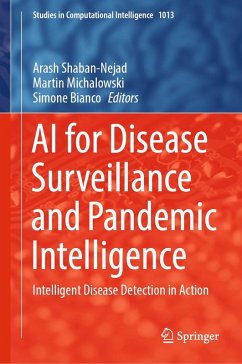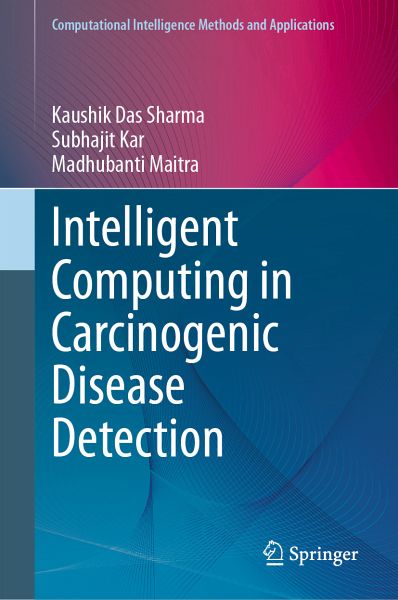
Intelligent Computing in Carcinogenic Disease Detection (eBook, PDF)
Versandkostenfrei!
Sofort per Download lieferbar
128,95 €
inkl. MwSt.
Weitere Ausgaben:

PAYBACK Punkte
64 °P sammeln!
This book draws on a range of intelligent computing methodologies to effectively detect and classify various carcinogenic diseases. These methodologies, which have been developed on a sound foundation of gene-level, cell-level and tissue-level carcinogenic datasets, are discussed in Chapters 1 and 2.Chapters 3, 4 and 5 elaborate on several intelligent gene selection methodologies such as filter methodologies and wrapper methodologies. In addition, various gene selection philosophies for identifying relevant carcinogenic genes are described in detail. In turn, Chapters 6 and 7 tackle the issues...
This book draws on a range of intelligent computing methodologies to effectively detect and classify various carcinogenic diseases. These methodologies, which have been developed on a sound foundation of gene-level, cell-level and tissue-level carcinogenic datasets, are discussed in Chapters 1 and 2.
Chapters 3, 4 and 5 elaborate on several intelligent gene selection methodologies such as filter methodologies and wrapper methodologies. In addition, various gene selection philosophies for identifying relevant carcinogenic genes are described in detail. In turn, Chapters 6 and 7 tackle the issues of using cell-level and tissue-level datasets to effectively detect carcinogenic diseases. The performance of different intelligent feature selection techniques is evaluated on cell-level and tissue-level datasets to validate their effectiveness in the context of carcinogenic disease detection.
In closing, the book presents illustrative case studies that demonstrate the value of intelligent computing strategies.
Chapters 3, 4 and 5 elaborate on several intelligent gene selection methodologies such as filter methodologies and wrapper methodologies. In addition, various gene selection philosophies for identifying relevant carcinogenic genes are described in detail. In turn, Chapters 6 and 7 tackle the issues of using cell-level and tissue-level datasets to effectively detect carcinogenic diseases. The performance of different intelligent feature selection techniques is evaluated on cell-level and tissue-level datasets to validate their effectiveness in the context of carcinogenic disease detection.
In closing, the book presents illustrative case studies that demonstrate the value of intelligent computing strategies.
Dieser Download kann aus rechtlichen Gründen nur mit Rechnungsadresse in A, B, BG, CY, CZ, D, DK, EW, E, FIN, F, GR, HR, H, IRL, I, LT, L, LR, M, NL, PL, P, R, S, SLO, SK ausgeliefert werden.



